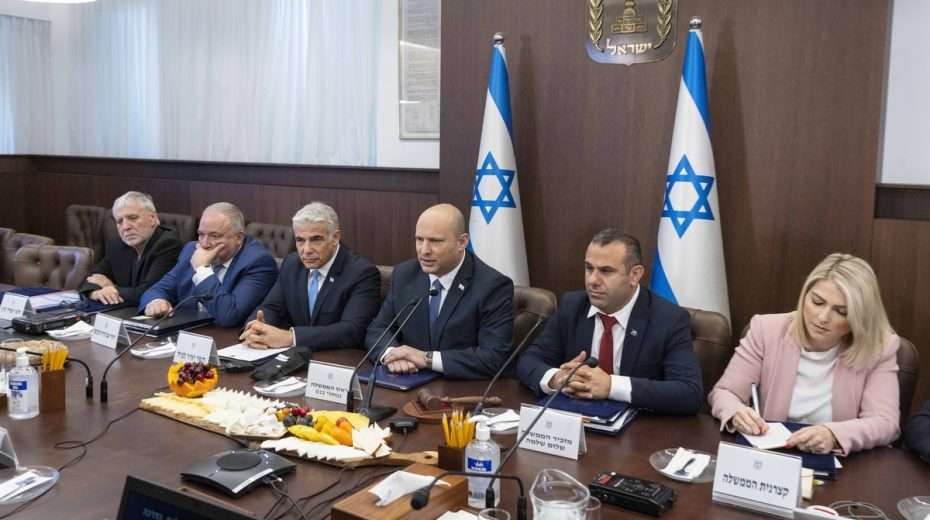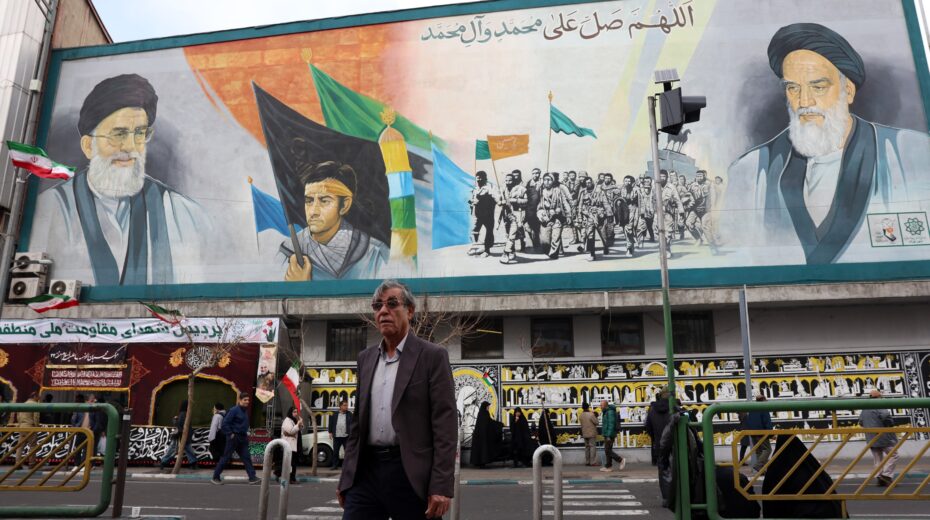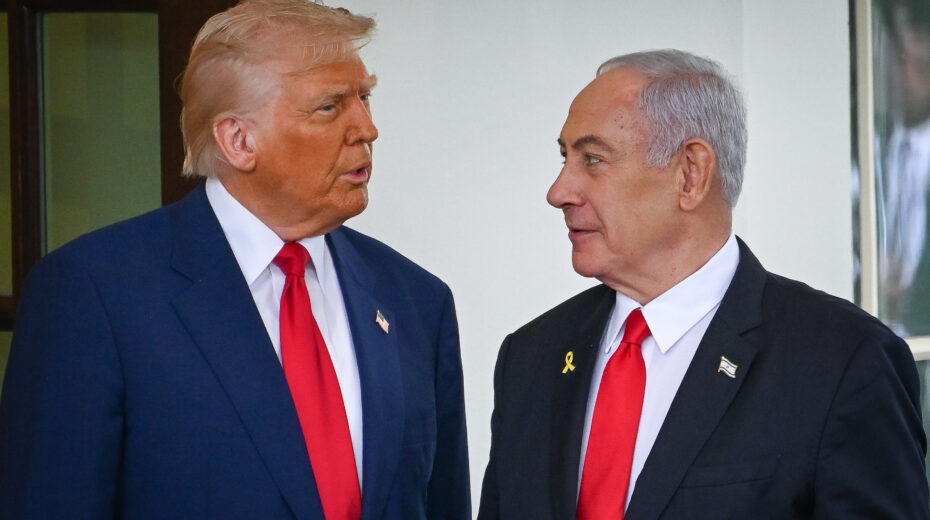After the weekend crisis following the sudden resignation of MK Ghaida Rinawie Zoabi, the coalition comes out on top and survived to see another day.
Who wasn’t involved in the urgent effort to convince Zoabi to ensure that the government remains intact? First, Minister of Health and Meretz party leader Nitzan Horowitz rushed northward to her home in Nof HaGalil, but to no avail. Then it was clear within the coalition that her own party leader has no influence over her whatsoever. As a result, other Arab members of the coalition decided to step in — and it worked.
Because one of Zoabi’s primary motives for quitting the coalition was a lack of attention paid to the Arab community, it was natural that responsibility for managing the crisis was handed over to the Arab members. Both Minister of Regional Cooperation Issawi Frej and Ra’am party leader Mansour Abbas made significant efforts to convince her that in the end the fall of the current government would likely worsen the situation for Israeli Arabs. In this government there is room to negotiate more resources for Arab cities and towns. In the next government, likely to be headed by opposition leader Benjamin Netanyahu, such opportunities will almost certainly dissipate. This is the central message that they communicated to Zoabi.
Zoabi herself publicly claimed that she agrees with the premise that the alternative to the current government is much worse, but nevertheless, more efforts are needed to promote development in Arab-majority areas.
A number of options for political maneuvering were presented that would allow Zoabi to stand firm on her ideological position while still preventing the end of the government. One was to resign as an MK altogether. However, having entering the Knesset only recently without gaining much experience, this turned out not to be an option. The second was to continue with her decision to resign but vote against any motion to dissolve the Knesset. This would in turn allow for the coalition to continue governing with a minority. The third option was to recant her decision and return as an active member of the coalition.
Zoabi was determined to hear out the coalition leaders and held a meeting with Minister of Foreign Affairs Yair Lapid. At two o’clock in the afternoon yesterday (May 22), she met with Lapid and was joined by several mayors of Arab towns and cities, including Nazareth and Kafr Qasim in the north, to ensure that their needs are met.
During the meeting, the Arab leaders requested that the already-approved budget for Arab development be transferred to them immediately. Despite the fact that a government resolution for the Arab community was already passed, the promised budget has yet to be distributed to the municipalities. Lapid answered saying that he will ensure that the relevant obstacles are removed and that the promised budget will be released as soon as possible.
Although there is still great doubt that the money will actually be transferred over in the immediate future as promised, it was enough to convince Zoabi to return to the coalition. The government was saved once again, but significant irreversible damage was done. The left end of the coalition now for the first time looks as unstable, if not more so than the right. Within the left-wing Meretz party there is much frustration with Zoabi over her stunt, which embarrassed their small party, which is only now getting used to being in government after 20 years in the opposition.
Moreover, right-wing members of the coalition are beginning to lose faith in the idea of a unity government with left, right and Arab parties. In response to the latest fiasco, the opposition is accusing the government of “selling everything to the Arabs” just to stay in power. These sentiments are possibly starting to trickle into the coalition as well. Nir Orbach (Yamina) expressed frustration, stating similarly that they are increasingly perceived as giving everything away to Arab interests and compromising on their own (right-wing) values.
Is Orbach the next in line to abandon ship? Although the government is still functioning today, it’s not certain whether it can cope with yet another major crisis so close on the heels of this week’s shakeup.














